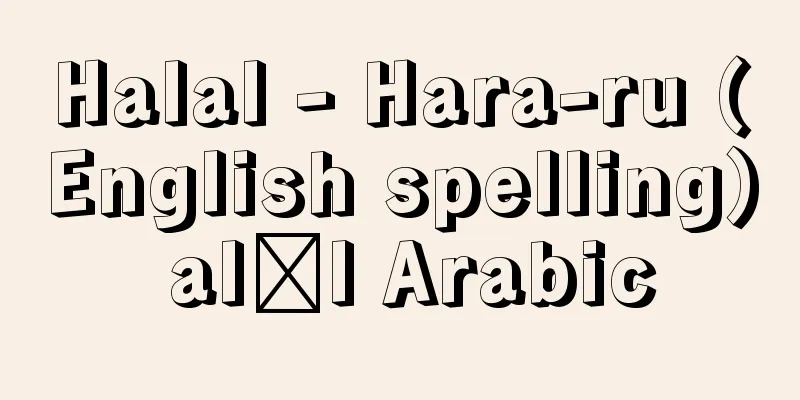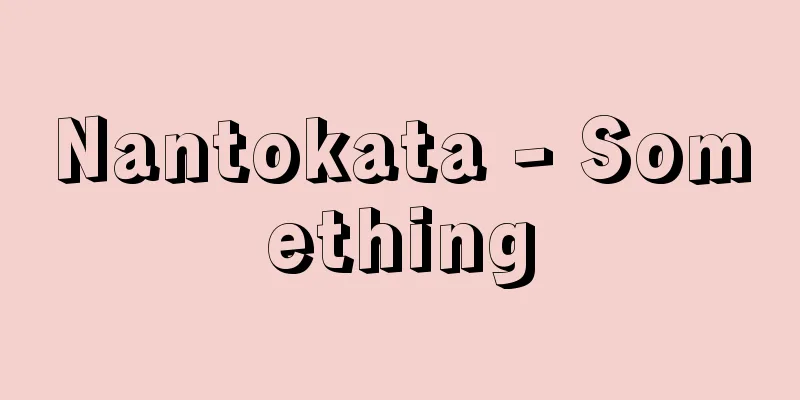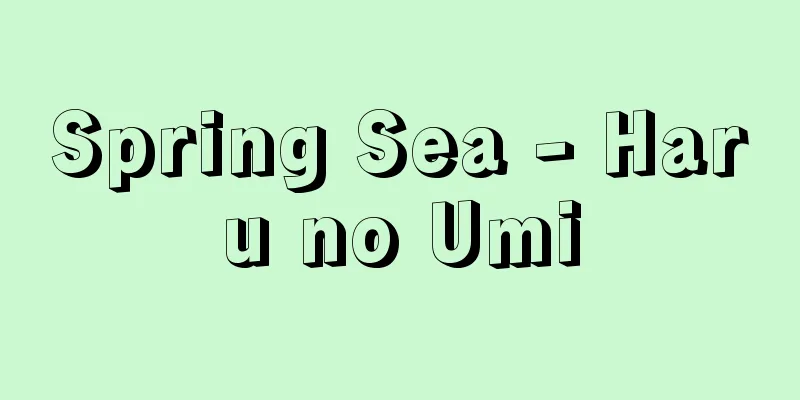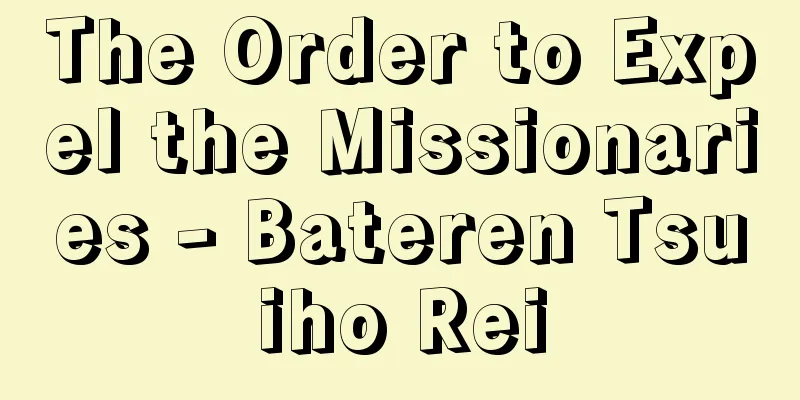Halal - Hara-ru (English spelling) alāl Arabic

|
An Arabic word meaning "things permitted by Islamic law (Sharia)." It mainly refers to foods permitted under Islamic law. Conversely, things that are forbidden as "not permitted" are called arām, and "doubtful things" in the middle are called shubuha. Islamic law prescribes standards for all aspects of life, including rituals, food content and manners, marriage and divorce, inheritance, grooming, and finances, and Muslims live their lives according to these standards. Halal is something that is pure and safe, while gambling, taking interest on finances, and adultery are classified as haram, and are defined as impure, harmful, and illegal. Muslims are also taught that things that fall under shubuha should be avoided. Foods that Muslims are permitted to eat include animals such as cattle, sheep, and goats that have been slaughtered in accordance with the laws, as well as vegetables, fruits, grains, seafood, dairy products, eggs, and water. Things that are forbidden to eat or drink include pigs and dogs, which are considered najis (unclean), drinks and foods that contain alcohol, animals such as tigers, bears, hawks, and owls that hunt with their fangs and claws, poisonous animals and pests, fleas and lice, and animals that feed on najis. There are certification organizations in each country that inspect (halal certification) foods, sweets, chemical products, etc. exported to Islamic countries to see whether they can be consumed by Muslims, and products certified by these organizations are called halal foods or products. [Editorial Department] [References] | | |Source: Shogakukan Encyclopedia Nipponica About Encyclopedia Nipponica Information | Legend |
|
「イスラム法(シャリーア)で認められたこと(もの)」を意味するアラビア語。おもにイスラム法上で許される食べ物をさす。逆に「許されないもの」として禁止されていること(もの)をハラームarām、中間にあたる「疑わしいもの」は、シュブハShubuhaという。イスラム法は儀礼、食事の内容や作法、結婚や離婚、遺産相続、身だしなみ、金融など、生活全般の規準を定めており、イスラム教徒はこの規準にのっとって生活を営む。ハラールは清浄で安心できるものごとであり、賭博(とばく)や金融に際して利子をとること、姦通(かんつう)などはハラームに分類され、不浄で害になる非合法なものと規定されている。また、シュブハに該当するものは、避けるべきであると教えられる。 イスラム教徒が食べることを許される食品は、規律に沿って屠畜(とちく)されたウシやヒツジ、ヤギなどの動物、野菜や果物、穀類、海産物、乳製品と卵、水などである。飲食が禁じられているものは、ナジス(不浄)とされるブタやイヌ、アルコールを含む飲料や食品、牙(きば)やかぎ爪で獲物をとるトラ、クマ、タカ、フクロウなどの動物、毒性のある動物や害虫、ノミやシラミ、ナジスを餌とする動物などである。イスラム圏に輸出される食品や菓子、化学製品などについては、イスラム教徒が摂取できるかどうかの審査(ハラール認証)を行う認証団体が各国にあり、ここで認証されたものは、ハラール食品やハラール製品などとよばれる。 [編集部] [参照項目] | | |出典 小学館 日本大百科全書(ニッポニカ)日本大百科全書(ニッポニカ)について 情報 | 凡例 |
Recommend
Acenaphthene - acenaphthene
A type of aromatic hydrocarbon contained in coal t...
Agram - Agram
...The capital of the Republic of Croatia, in nor...
Play
…The meaning of the word Ason is a compound word ...
Jurisdiction - Saibankankatsu
It refers to the provisions regarding how jurisdi...
Six tones - Rokuchoushi
Six types of tuning used in the Tang Dynasty of g...
Maggots
The larvae of flies and horseflies. They have smal...
Kaizaki
...After the Meiji era, it developed as a regiona...
Lambuth, Walter Russell
Year of death: September 26, 1921 Born: November 1...
Hydrangea macrophylla - Hydrangea macrophylla
A perennial plant of the Saxifragaceae family foun...
Stingray family - Red stingray
…Most of them live in saltwater, but the freshwat...
Pesticide poisoning
Definition/Concept Pesticides include insecticides...
qualitative analysis
…Chemical analysis is the process of clarifying w...
Suzuki Kantaro
Naval officer and politician. Born on December 24...
Single blind test
...In other words, the efficacy and safety for th...
Mineralogical phase rule
This law, based on the Gibbs' (Willard Gibbs) ...









